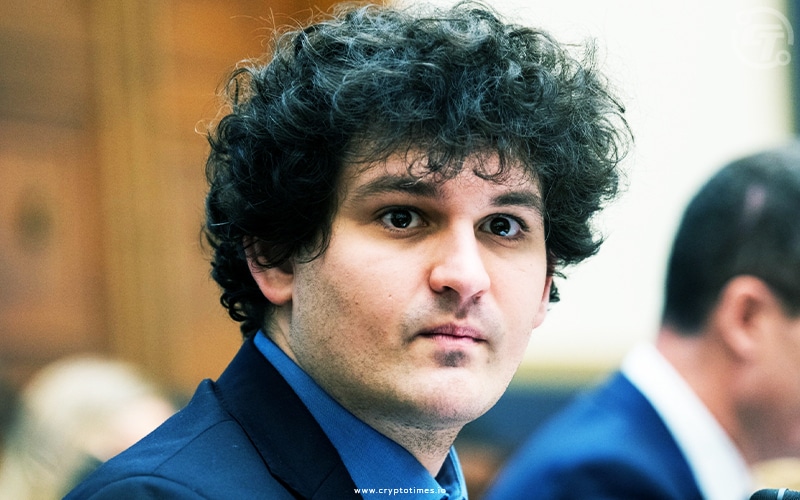According to recent legal filings, fraud proceedings against Sam Bankman-Fried, the founder of FTX, could face significant delays of “months or years” if additional charges are added.
Bankman-Fried, who was arrested in December and extradited from the Bahamas following the collapse of his crypto empire, has been on bail and maintains his plea of not guilty to charges including wire fraud and money laundering.
Bankman-Fried’s defense lawyers argue that the charges added by the U.S. Department of Justice after his extradition may violate the treaty between the U.S. and the Bahamas.
They assert his right to contest any attempt to include these charges in overseas courts. Currently, Bankman-Fried is challenging the U.S. government’s application for consent in the Bahamas, a process that may take considerable time to litigate.
The defense’s case has been strengthened by a recent ruling from the U.S. Supreme Court, which narrowed the scope of federal fraud laws in a case involving state contract bidding.
Bankman-Fried’s lawyers argue that this ruling, along with other case law, weakens the claims that he defrauded a bank and the lenders of his hedge fund, Alameda Research.
They suggest that the lenders could potentially recover their funds as the firm undergoes winding up in the FTX bankruptcy proceedings.
Bankman-Fried’s defense team further emphasizes that the Supreme Court’s May opinion invalidated charges that he misrepresented the purpose of a bank account belonging to his company, North Dimension.
They argue that the right of Bank-1, the bank in question, to control access to its accounts is no longer considered a valid property right.
In May, the U.S. government stated in filings that it could seek permission from the Bahamas to add extra charges against Bankman-Fried. It asserted jurisdiction based on the impact of his actions on U.S. crypto markets.






